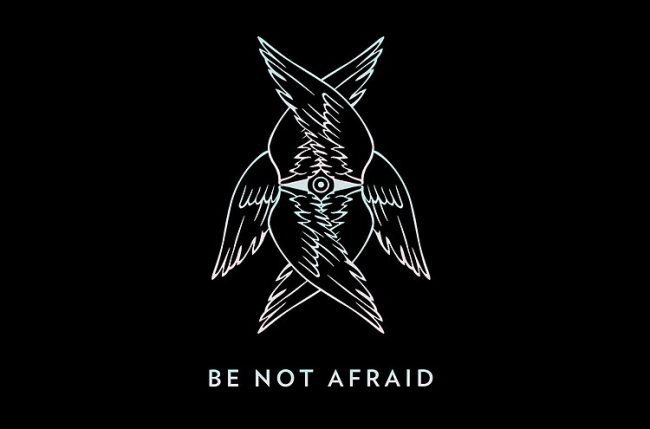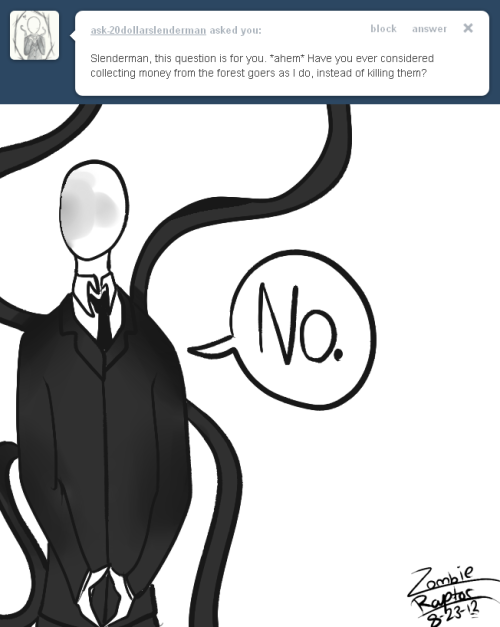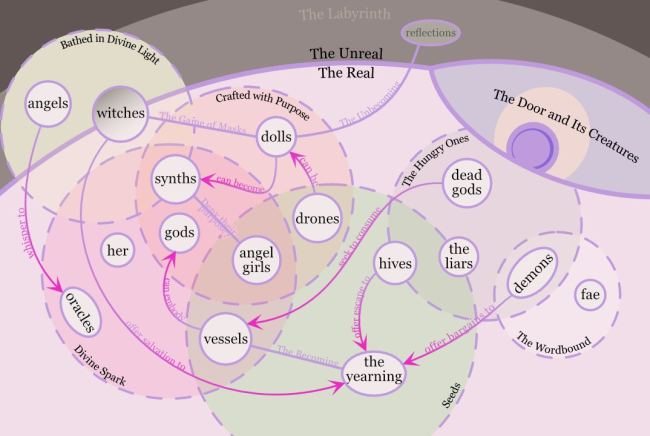
part 1. The SCP Foundation
One thing I find really fascinating about shared universe in online fiction is how they naturally tend towards story concept that work well with no singular continuity and no canon.
Horror works really well for this, as do anything presented in an epistolary style, especially if it comes from an institution with a vested interest in lying to the public (such as a shady government organization) or from regular-ass people who have no way to properly interpret what they saw.
When the canon is kept loose, what makes it feel like a coherent universe is shared concepts and aesthetics and my favorite part of shared online universe is usually less the fiction and more the meta-essays trying to pin down exactly what makes something feel like part of the universe.
For example, an important concept in the SCP universe is the idea of a ”memetic hazard” and so many writers seem to misunderstand what it is. They keep thinking of it as a psychic power, like psionics or telepathy, when it’s actually more like how memes work in real life, only turned up to 11.
Y’know how a catchy song can worm its way into your head, sometimes to the point of distracting you from important things you need to think about? Imagine that, but if the song could also do some real, lasting damage.
Shared concepts are easier to control in a decentralized way than a shared continuity. If every story counts towards the worldbuilding, you quickly get this situation where no one can actually remember every tiny detail of the universe and it’s bound to contradict themselves eventually.
It really helps if there’s just a small set of facts anyone really needs to know about the universe, and the rest is a matter of interpretation. The downside of this approach is that the core concepts can easily get reduced to the most exaggerated, easy to understand version, hence these endless meta-essays where people do their best to codify their idea of the universe in the collective consciousness.

part 2. Slenderman
The first shared universe online I became aware of was the Slenderman universe, and it more or less consist of several separate continuities connected mainly by the shared image of a creepy guy in a suit.
The fact that slenderman is this metaphysical being who just so happens to wear a generic business suit is so funny to me. Like, he must get it from somewhere, right? At what store does a madness-inducing entity whose very presence bends reality shop, Dressmann’s? I’d pay good money to have a menswear expert rate the various suits seen in the various slenderman series.
Masculine formalwear is this incredibly subtle affair where tiny details in fabric quality and cut says a lot about someones affluence, status and sensibilities.
Imagining these signals applying to this eerie supernatural creature is amusing to me. I have to imagine most people making slenderman series are not menswear enthusiasts and are likely to make some interesting choices.
Like, somehow the horror from beyond time and space is dressing like he's preparing for his first job interview and could only find his old prom jacket.

part 3. ??? I don't even know
There’s this… thing brewing on twitter that I only tangentially know sometimes reffered to as ”doll twitter” (but it’s not actually the part of twitter the people who make or collect dolls live) or Empty Spaces and it’s this quasi-mystical shared setting for microfics loosely centered around religious trauma and control.
What I find interesting about that one is that in most shared universe, even if they lack continuity, they are usually sticklers about their central concepts. (People WILL yell at you if you depict the SCP foundation the ”wrong way”) But I haven’t seen as much of that from dolltwitter, instead the general climate seem to be that whatever things like witches, dolls, angels and demons mean to you, it’s probably right. It’s never entierly clear in the microfic how much of it is fiction and how much of it is people describing their actual trauma with a veneer of mysticism.
Perhaps Empty Spaces would count as more of a genre than a shared universe, similar to how “Fantasy” have shared concepts like elves and goblins that gets endlessly reinterpretated, but online the difference between a genre and a spontaneously forming shared universe is pretty fuzzy.
I think a lot about the design of shared online universes mainly because there isn’t any. Like, almost none of the really big ones have been consciously designed, and few of the ones that have been consciously designed have really taken off.
part 4. Fenspace
Fenspace is an example of one with pretty meticulous worldbuilding, but it doesn’t seem to have spread much beyond it’s niche and to be honest, half of iti s just an extended metaphor about the science fiction fandom.
What disappoints me about it is how all the “girl” fandoms are lumped into one faction, loosely themed around sailor moon, while the more traditionally masculine fandoms each gets their own faction, even when it’s shows that are basically identical (or at least as “identical” as some of the stuff lumped into the sailor faction.)
You can’t really design your way into becoming an internet phenomena, it has to happen organically and as such the design principles that are there seem discovered rather than invented. They are very seldom articulated in any way, and this article mostly just gestures at them.
part 5. Outro
One thing I’d love to get into if I can figure it out is how these shared universes entire new readers by how each entry works as a rabbit hole.
You could conceviably have an interesting experience encountering an SCP or an Empty spaces microfic out of context and feel like you’ve stumbled upon some real forbidden knowledge that’s leaked out onto the internet, which leads you to digging and discovering the subculture behind it. (the SCP foundation regularly has to explain to people who have become convinced that it’s part of a real conspiracy that no, it is just just a bunch of online fiction and you are not, in fact, an SCP, even if freaky stuff are happening around you).
I’d love for one of my ideas to take off as a shared universe some day, but at the same thing, I imagine that if one of them did, it’d rapidly turn into something very different from what I originally envisioned and it still wouldn’t feel like “my” universe. More like some weird thing that grew organically online that I happened to provide the seeds for.